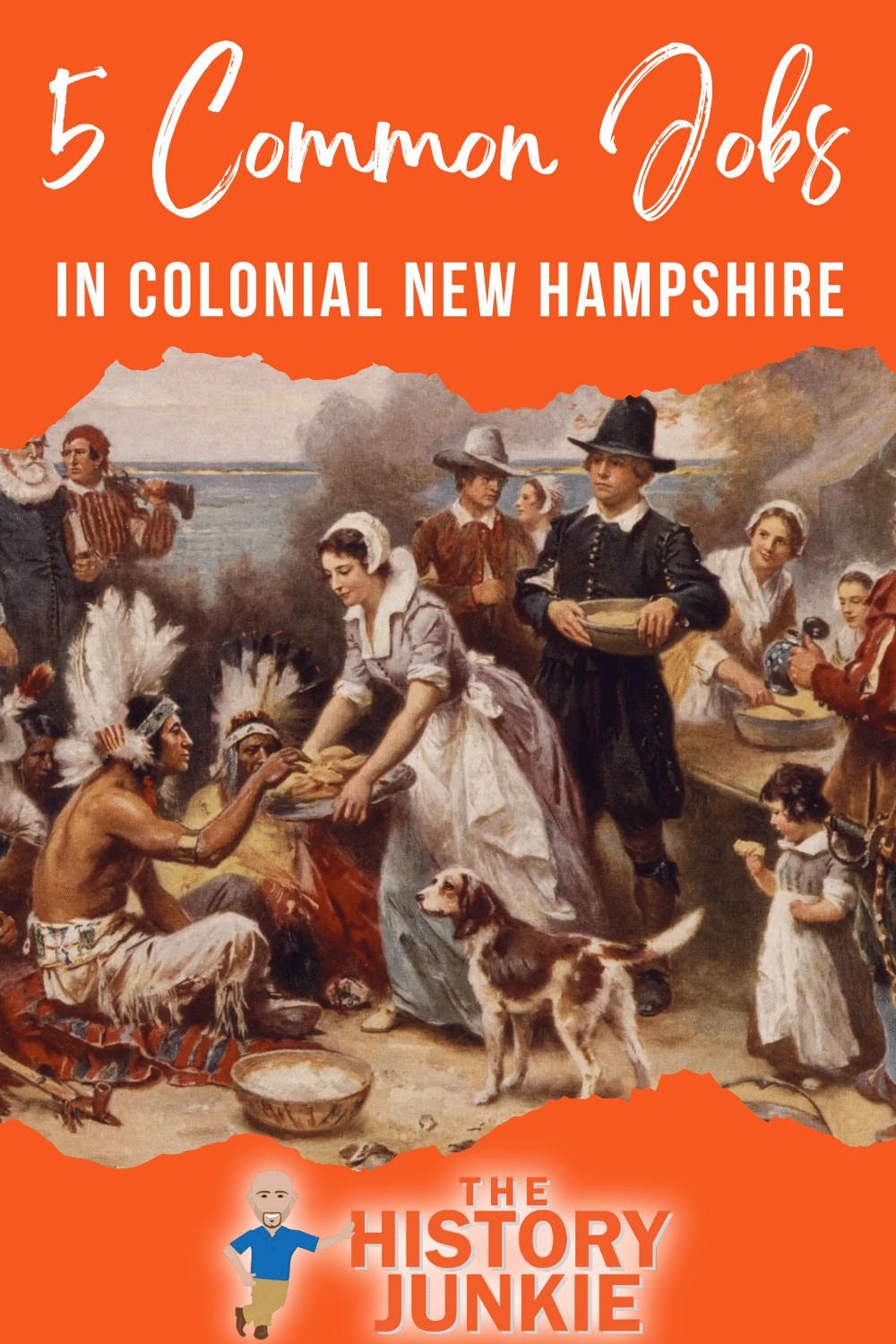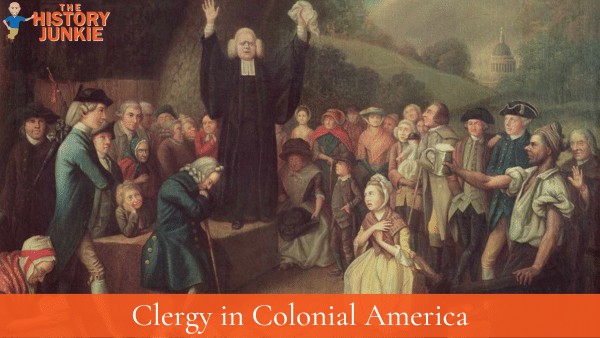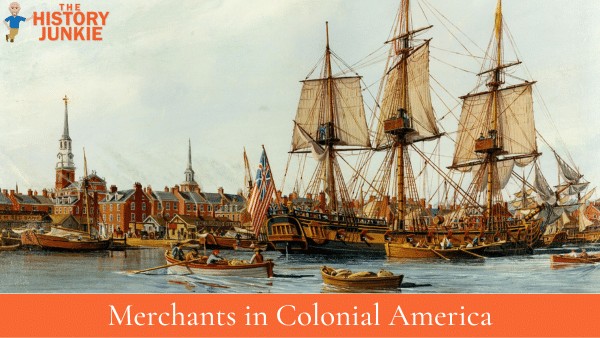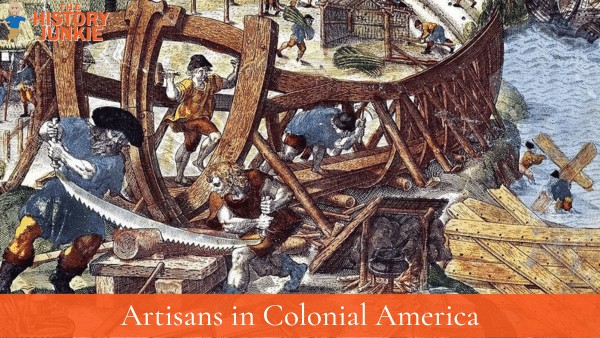I have compiled a list of 5 common jobs in Colonial New Hampshire.

This in no way is an exhaustive list, but by listing the common jobs, one can get an idea of what the community looked like.
Each of these jobs was essential to the growth of a town and could be found throughout the colony.
This list will not have slavery or indentured servitude listed and will be handled in a different article.
1. Doctors

Doctors in the 15th and 16th centuries were common in every town and often made house calls.
Due to their work schedule and the fact they traveled often, they usually had the best horses. In fact, when Paul Revere made his famous ride and triggered other riders, many of those riders were doctors within that community.
Doctors would have been familiar with most people in the community and their various ailments.
This would have put them in a place of influence, and many would also serve in politics. The same could be said of the clergy as well.
2. Clergy

Arguably, the most important person within the colony was the Pastor who oversaw the local church.
The clergy tended to have the most influence, good or bad, throughout the community. Their sermons could ignite passion or quell a rebellion.
The founders of almost all of the New England Colonies were all pastors. This would be somewhat different in New Hampshire. While clergy were influential, New Hampshire began due to large quantities of lumber and fish.
Also Read: Facts about New Hampshire Colony
The clergy's interpretation of the scripture had a significant impact on its congregation. At the time of the American Revolution, it would be the clergy that held much influence over the masses. Their sermons would often be a lightning rod of controversy.
Schoolteachers/Schoolmasters would also fall into this class. Most colonists taught their children from home.
3. Farmers

All of the founders had some knowledge of farming, and those who became the most successful were often the wealthiest in the community.
The lifeblood of all colonies, including Colonial New Hampshire, was what they could produce from the land. Some of the crops that were produced included wheat, corn, oats, beans, squash, pumpkins, peas, and even tobacco.
Also Read: 10 Facts About Colonial America
This is certainly not an exhaustive list, and a New England colony such as New Hampshire did not produce as much agriculture as the middle or southern colonies. This was due to the terrain and the excellent fishing environment.
Fishermen would also fall under this classification in the New England colonies. The resources that would be found in the ocean would supply food, clothing, and other necessities.
4. Merchants

Merchants in Colonial New Hampshire were involved in the Atlantic Triangle.
The Farmers would produce the goods, and the merchants would then ship them to the Caribbean. While in the Caribbean, they would pick up other goods, such as sugar, and transport them back to New Hampshire.
Some of the cargo would, unfortunately, be African slaves that were transported to the middle and southern colonies. New Hampshire also received slaves, but not at the rate of the colonies south of them.
Slavery peaked in New Hampshire in the 1770s when just over 5,000 men and women were enslaved. It quickly dwindled after the war when New Hampshire began gradual emancipation.
The Merchant class was often the wealthiest class in the 13 colonies.
Shopkeepers would also fall under the merchant class.
5. Artisans

The first two vocations were specialists who helped the citizens in their physical and spiritual lives.
The second two would take care of the supply and demand of the colony.
The Artisans would supply the tools to each of the vocations and the families within New Hampshire.
The Artisan class would include Blacksmiths, Shipwrights, Silversmiths, Coopers, Bakers, Butchers, Shoemakers, and Tailors. The income from this class would vary based on trade and clientele.
These trades were often carried on by the Artisan's children.
